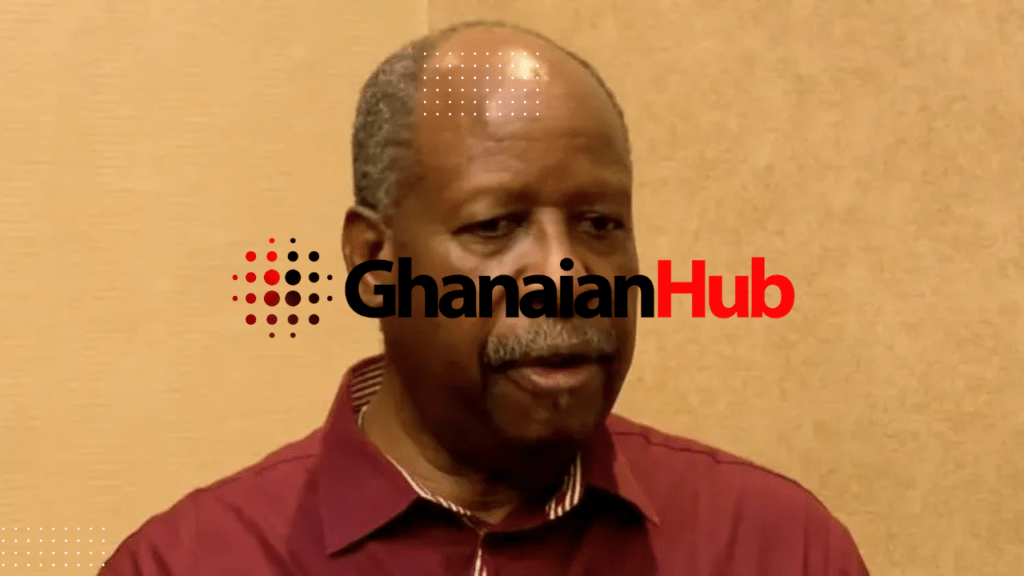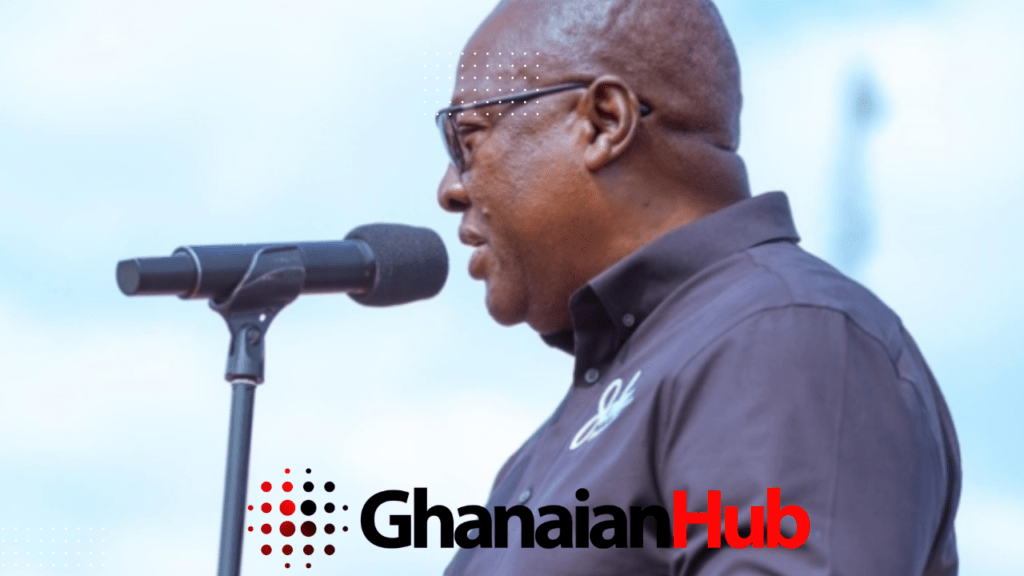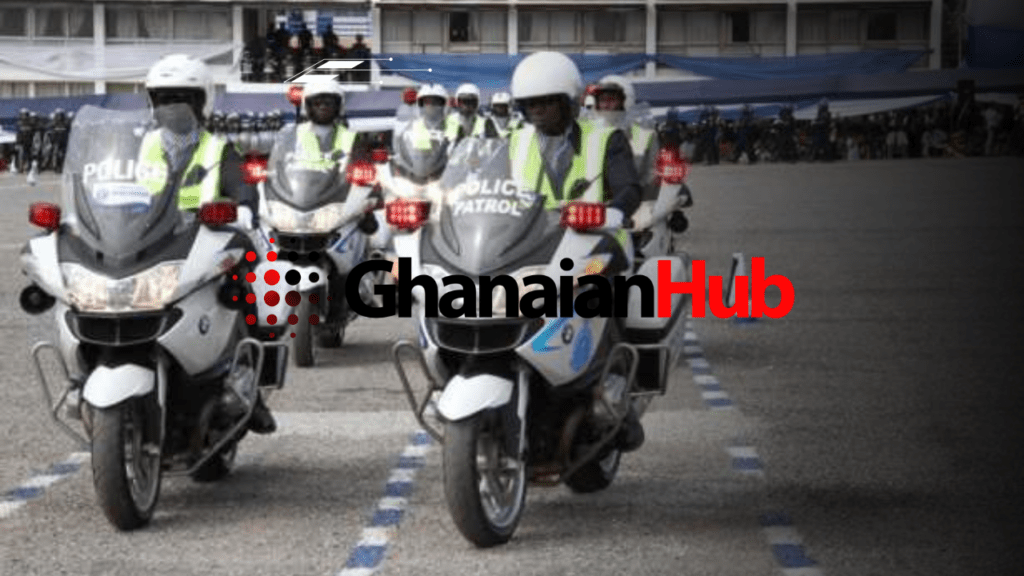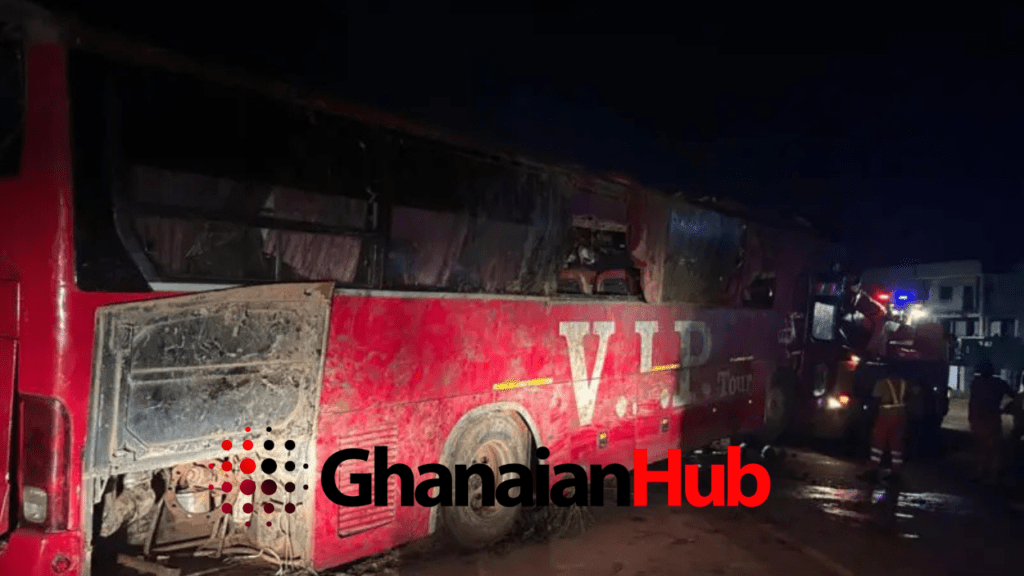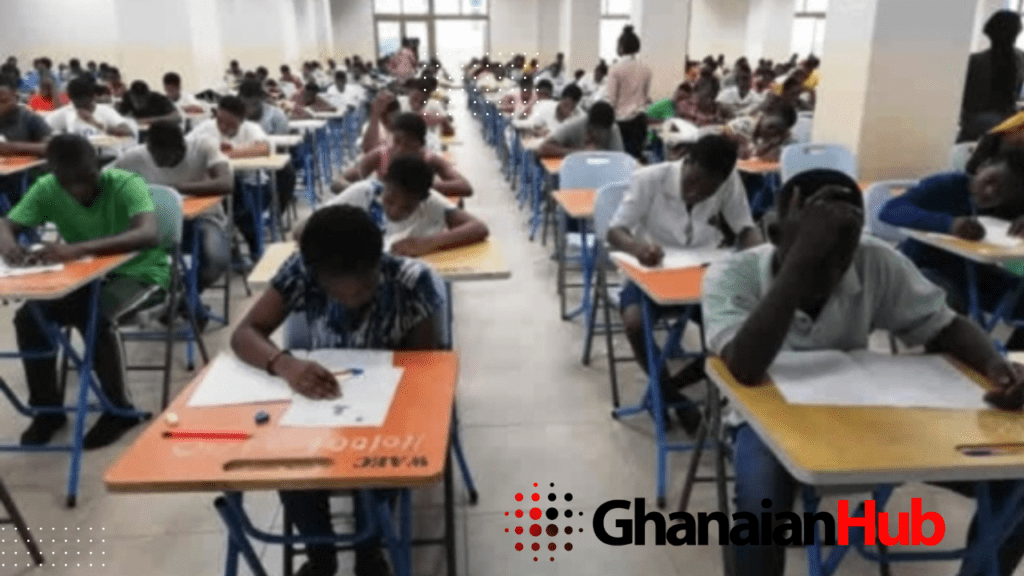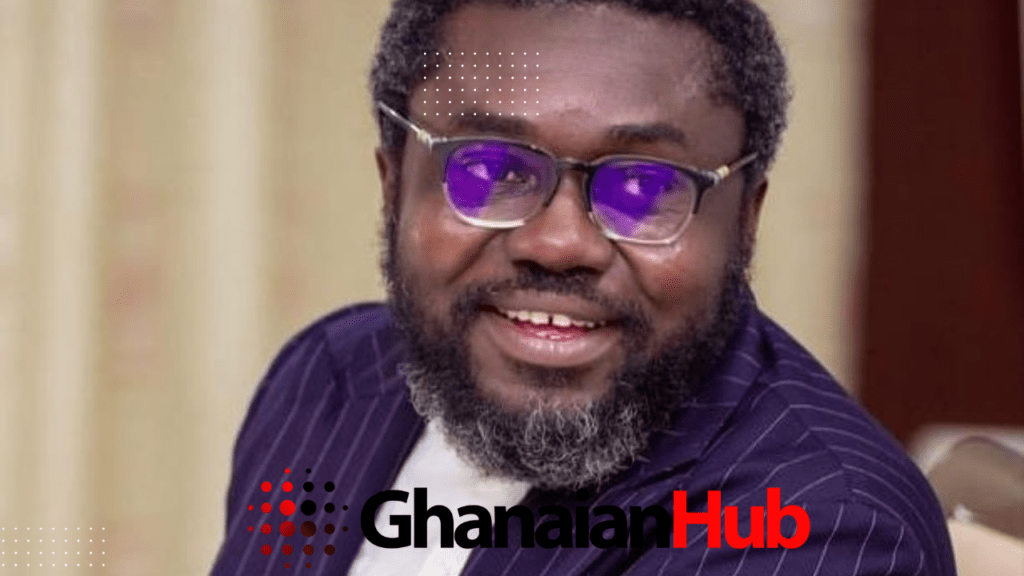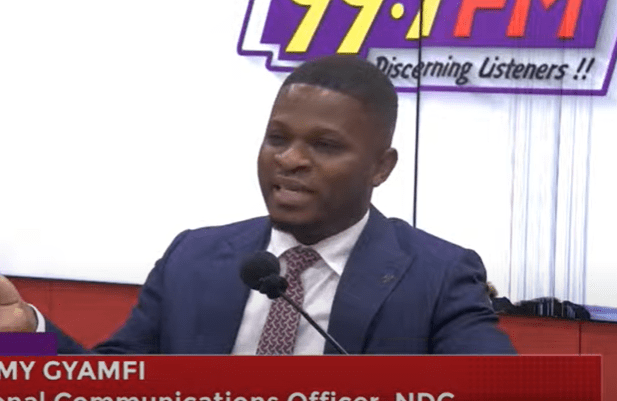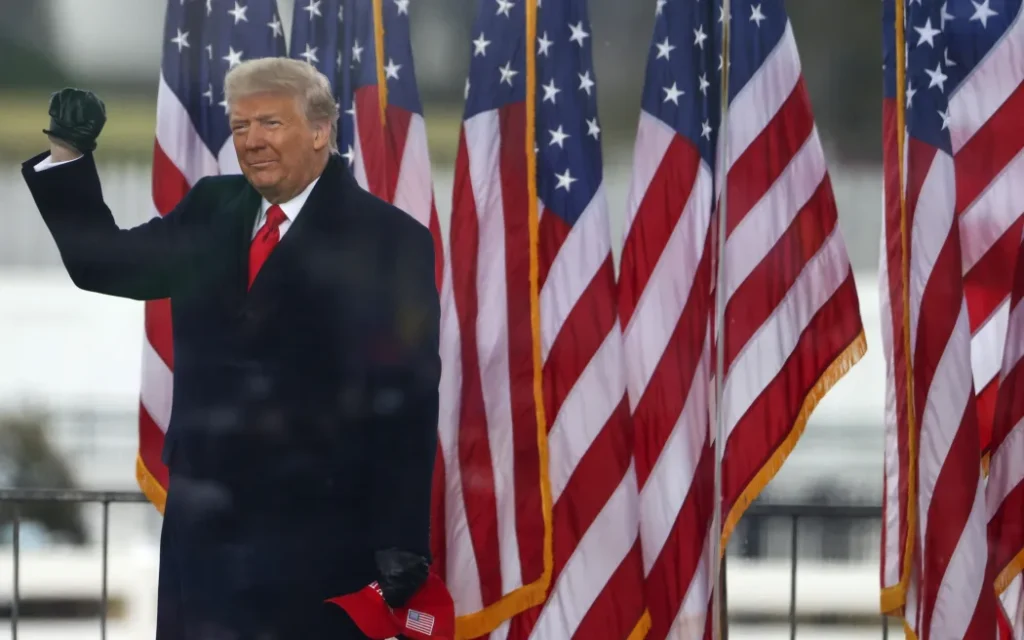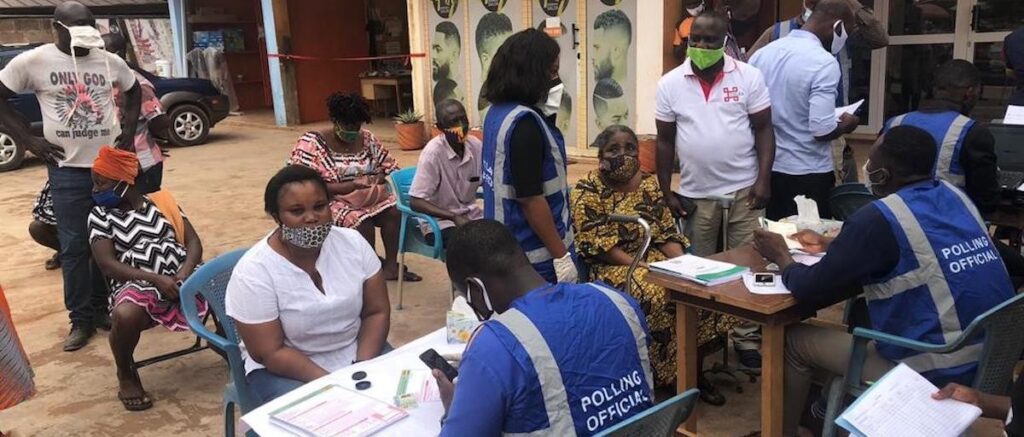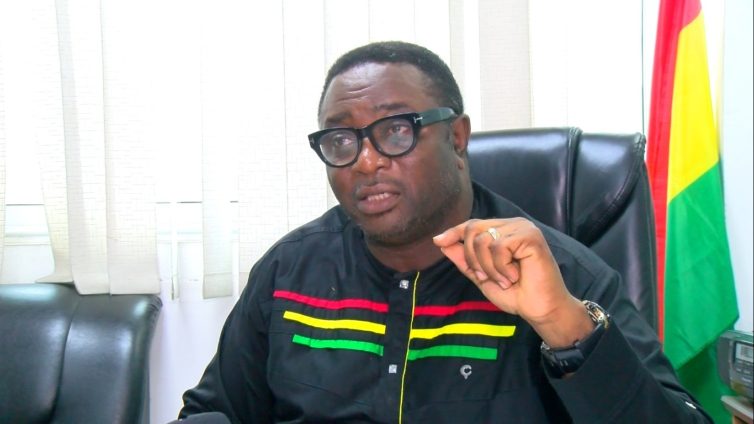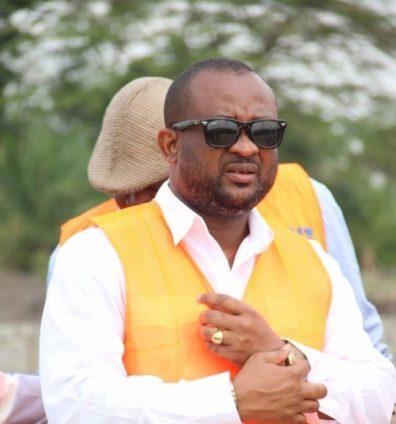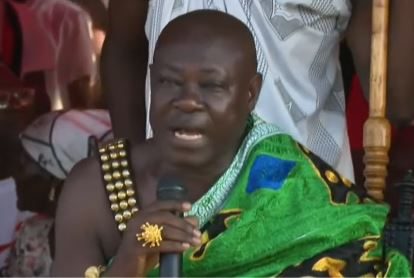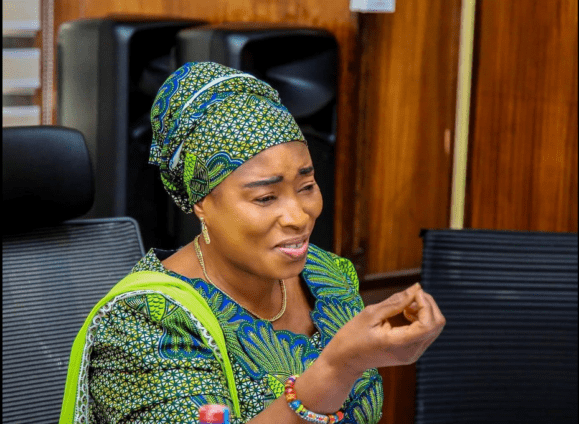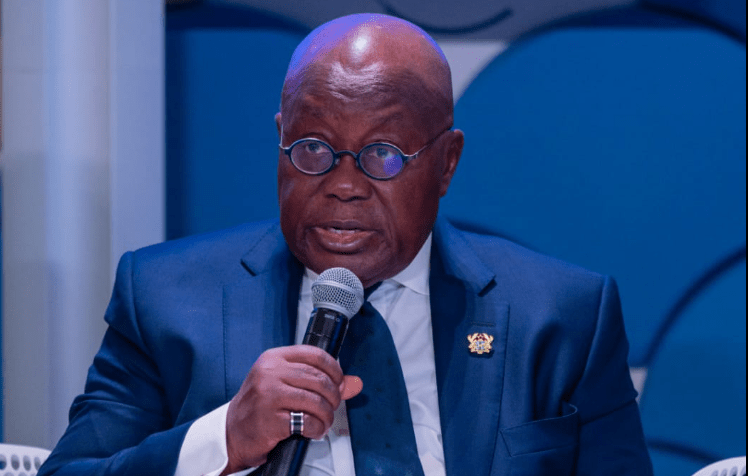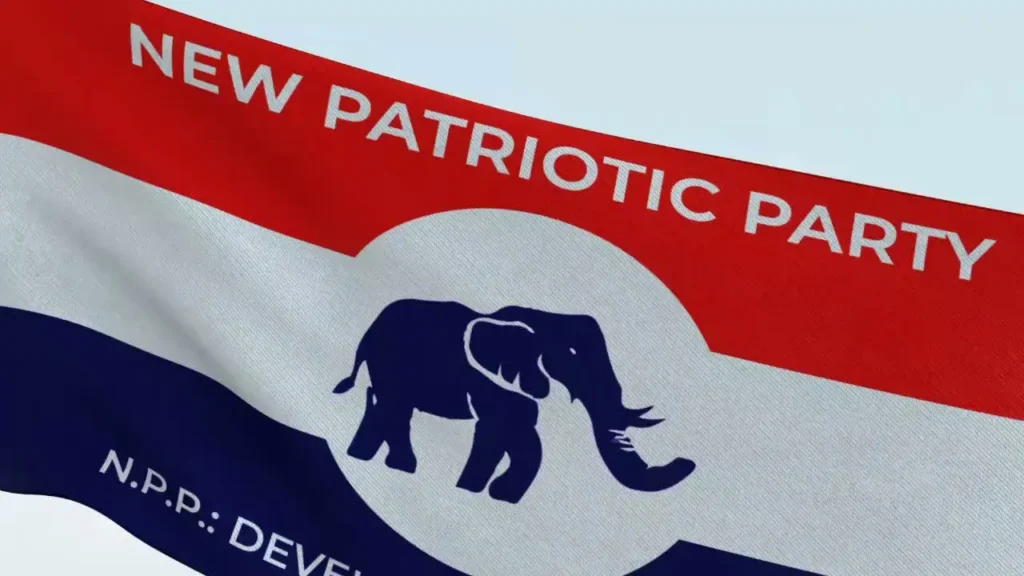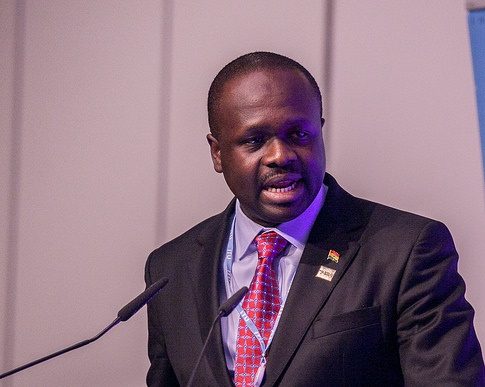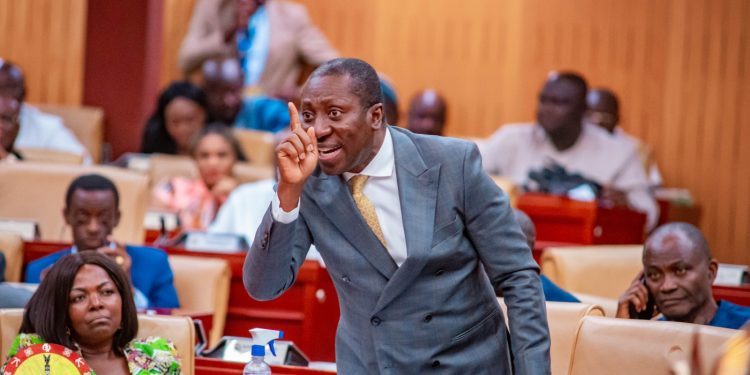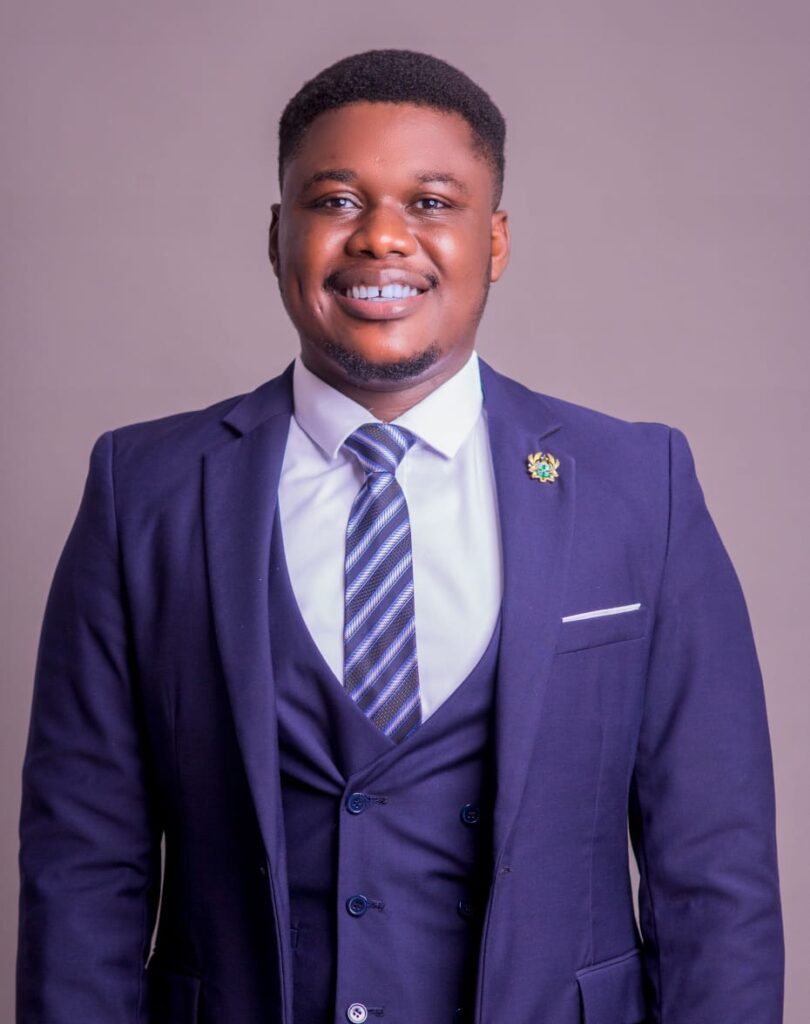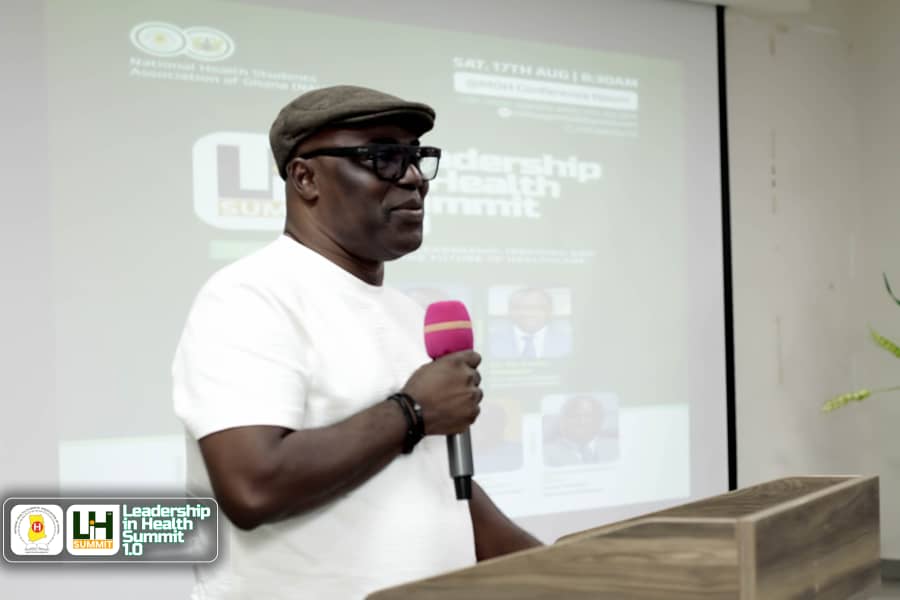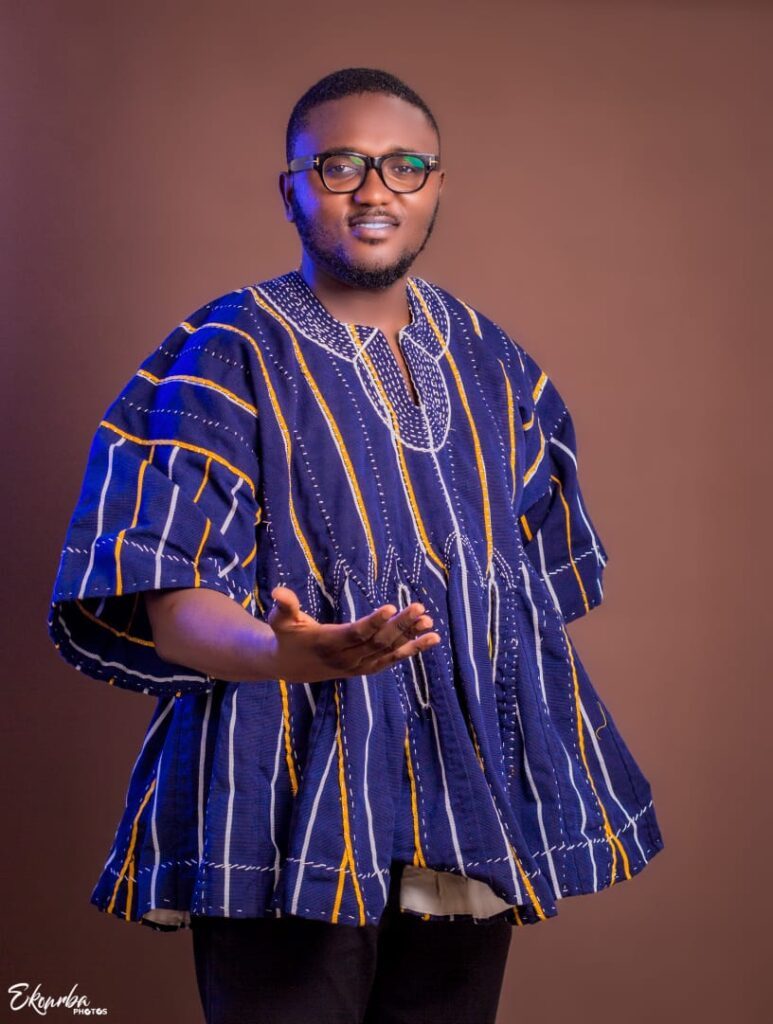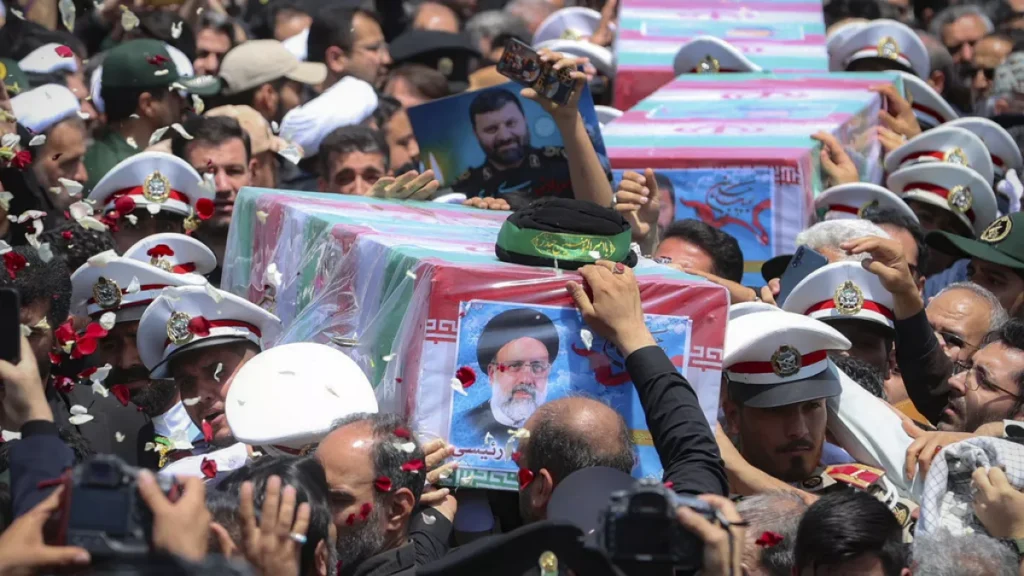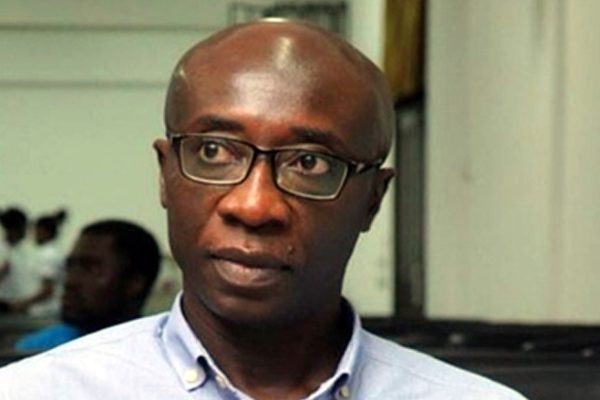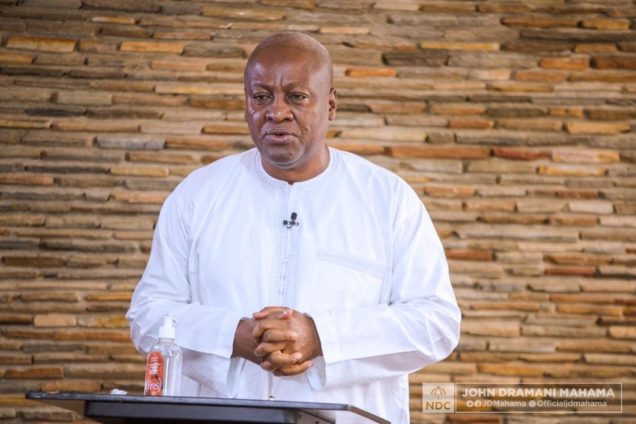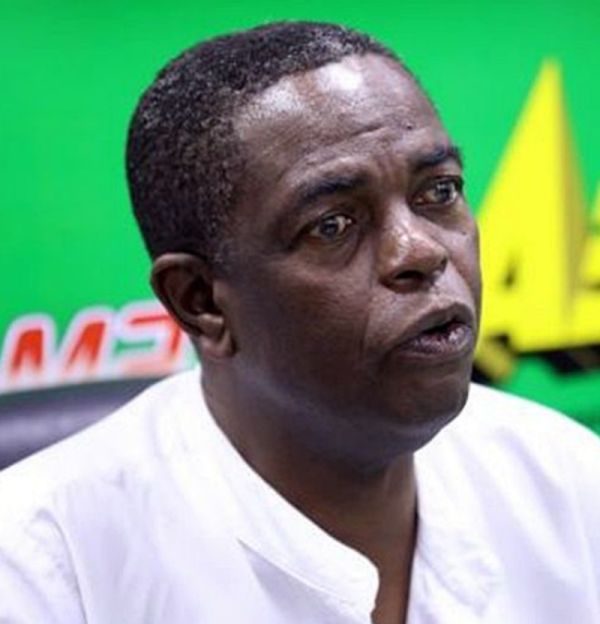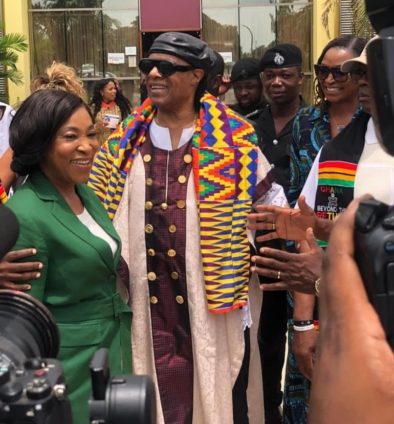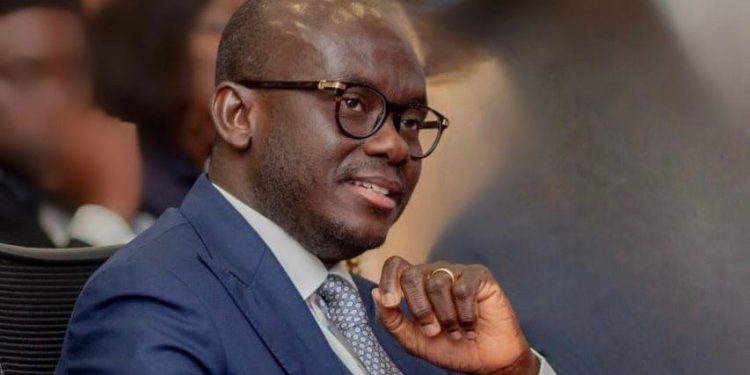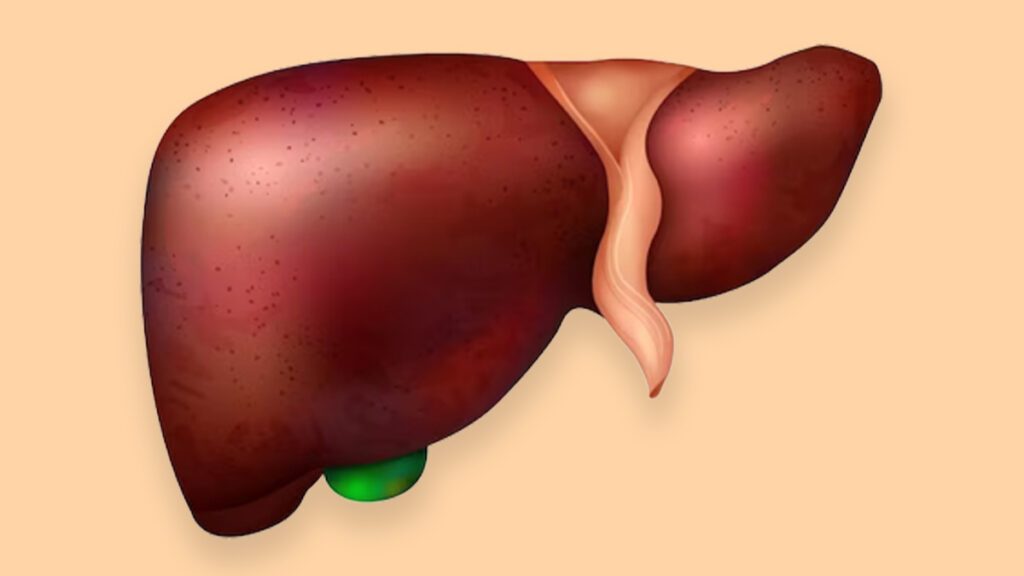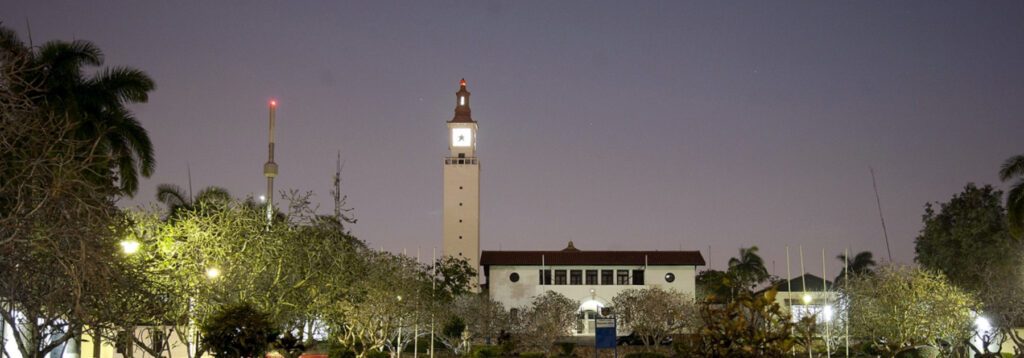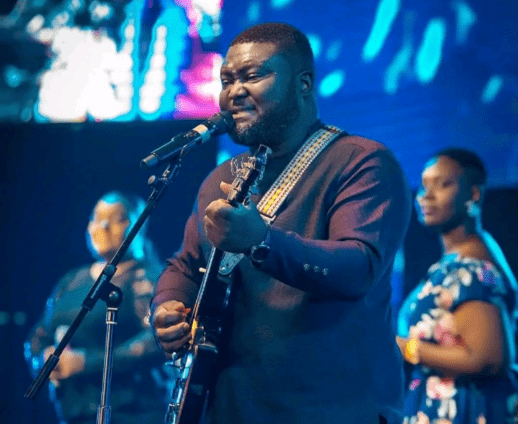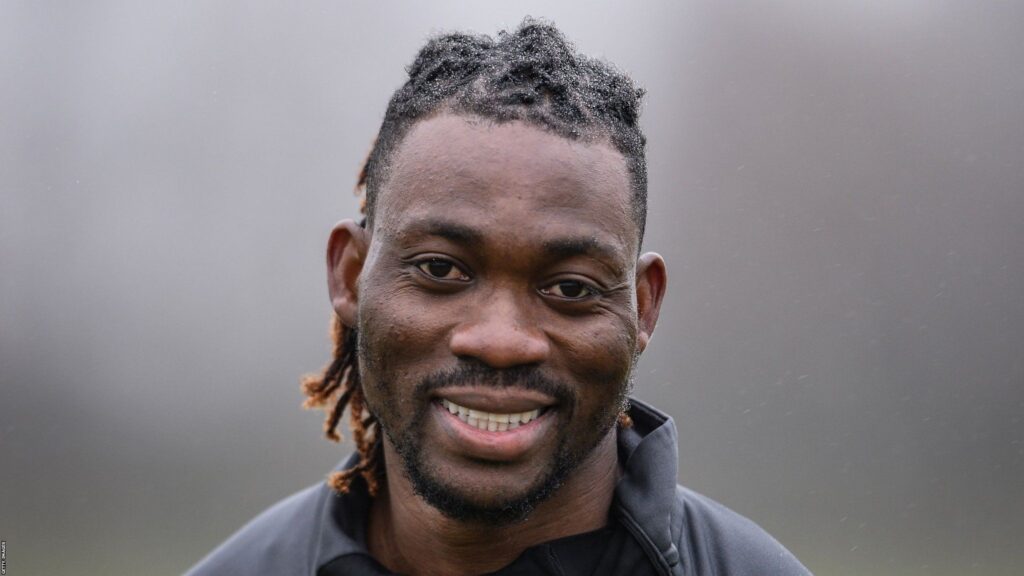College Campus Tensions: Arrests and Protests at NYU and Columbia University

College Campus Tensions: Arrests and Protests at NYU and Columbia University
College Campus Tensions: Last week, more than a hundred Columbia University students were taken into custody for their refusal to evacuate from a pro-Palestinian protest camp that had been established on the school’s main campuses.
The arrests have ignited a series of events, including the reemergence of camp settings and solidarity protests on other US college campuses.
On Wednesday last week, students began putting up tents on the university’s lawn in upper Manhattan, with the goal of creating a protest campsite in the middle of the campus.
The demonstrators declared that they would stay on the lawn until the institution stopped doing business with Israeli-affiliated companies.

The protest camp was scheduled to coincide with Minouche Shafik, the university president, testifying before Congress on the university’s action regarding antisemitism.
Crackdown and Arrests
On Thursday afternoon, the NYPD detained 108 students who had persisted in staying in the camps in violation of the university’s warnings. The university temporarily suspended a number of the arrested students.
NYPD Commissioner Edward Caban highlighted at a press conference that the students who were arrested did not resist and were acting in a nonviolent manner.

In testifying before Congress, Shafik discussed Columbia University’s policies regarding antisemitism and brought attention to the university’s difficulties in handling conflicts.
After the protest camp was cleared out, another one sprang up, indicating ongoing unrest. This prompted the university to declare that lessons will continue virtually in an effort to “reset” the atmosphere on campus.
The president of the university, Minouche Shafik, defended the arrest in an email sent to the entire university, claiming that the camp setting disturbed classes and fostered harassment.

Republican parliamentarians, meanwhile, requested President Shafik’s resignation after several professors condemned the police intervention and voiced shock at her refusal to back free speech.
Nationwide Solidarity Protests
Students from universities across the country, including Yale, Princeton, Brown, and the University of North Carolina Chapel Hill, staged protests and established camps in response to the arrests.
Universities began implementing virtual learning or tightening security as a result of the ongoing protests, which also prompted police intervention at Yale and NYU.

Jewish organizations requested universities strengthen protection for Jewish students as tensions lingered around the beginning of Passover, expressing concern for the safety of the students. This prompted replies from both universities and governmental authorities.
Universities continue to face challenges in maintaining campus safety, addressing societal issues, and balancing the fundamental right to free speech.


 English
English 





